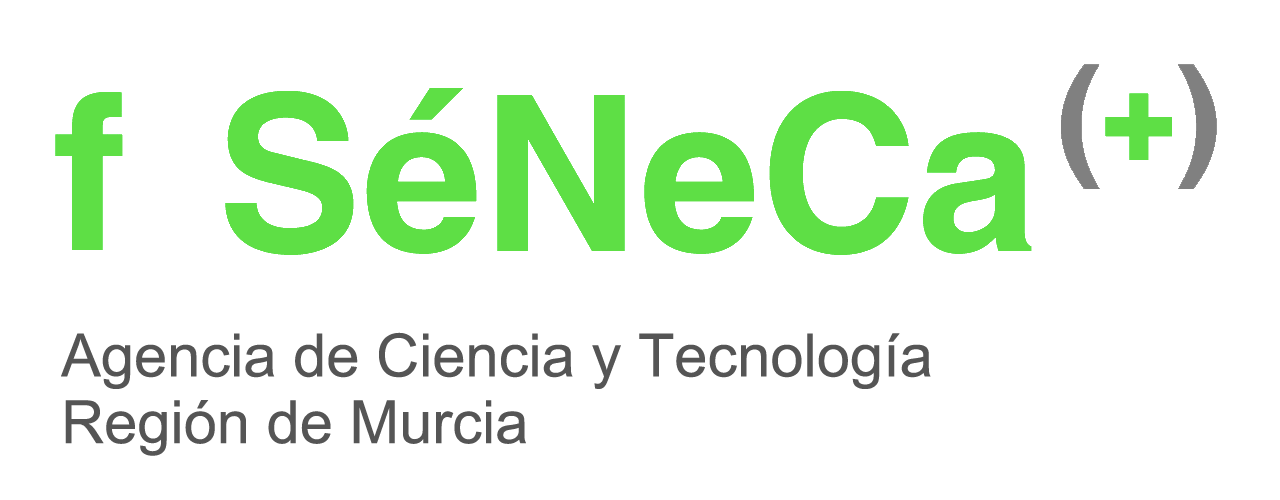Anillos y álgebras, sus grupos de unidades, módulos, homología y aplicaciones
This research project presents a variety of topics with the common ground of Ring Theory, with ramifications in Group Theory and Category Theory, and applications in Algebraic Geometry and Coding Theory. The aim is obtaining significant contributions in some open problems on these topics and to obtain a better understanding of the algebraic objects involved.
Aims
- Extend the seminal result of Dickson and Fuller on automorphism invariant modules to a larger class of modules. More precisely, we intend to obtain new conditions that implies that an automorphism-invariant module is quasi-injective and answer a question of Facchini that suggests that this property always holds. This should lead us to a better understanding of exchange rings.
- Obtain sufficient conditions for the cotorsion envelope of a ring to have a natural ring structure, a problem proposed by Osofsky for the injective envelope.
- Study the algebraic properties and applications of phantom ideals to exact structures in additive categories. We plan to introduce a concept of geometrical phantom morphisms of quasi-coherent sheaves which could help to compare the structure of both exact structures in terms of the ideal in the category of quasi-coherent sheaves of these geometrical phantom morphisms.
- Understand the categorical properties of the heart of a triangulated category and its connections with torsion pairs. More precisely, we would like to determine exactly which are the torsion pairs whose associated t-structure has a heart which is a Grothendieck category, and when it is locally coherent or locally Noetherian.
- Obtain applications of algebra and category theory in non-commutative geometry, including studying the local properties of Drinfeld vector bundles and study the locality of certain notions in Module Theory.
- Obtain a description of Bousfield localization in terms of derived bicommutators.
- Extend aspects of Gorenstein homological algebra to schemes. Study ascent-descent properties on Gorenstein AC-injective and Gorenstein AC-flat modules. Prove the existence of certain adjoints between homotopy categories of complexes.
- Study categories of sheaves from the perspective of functor categories. Functor category techniques have been proven to be very useful to infer many properties, for instance at the level of pure homological algebra. So, in particular in the study of totally acyclicity of complexes.
- Study globalizations of partial cocycles, establishing a globalization result of general partial n-cocycles.
- Understand the torsion units of integral group rings, including proving Zassenhaus Conjecture for some families of groups, or finding a counterexample.
- Understand better the structure of the unit group of an integral group ring by means of classifying the finite groups for which the corresponding unit group satisfies some group theoretical condition.
- Develop methods of constructing information sets using their algebraic structure as ideals in the group algebra of an elementary abelian on some families of linear codes, with special emphasis on affine-invariant extended cyclic and codes and Reed-Muller codes.
- Understand better the BCH bound in the class of abelian codes, extending results on the apparent distance from cyclic to abelian codes.
- Developpe a praxeology in didactics of mathematics.

